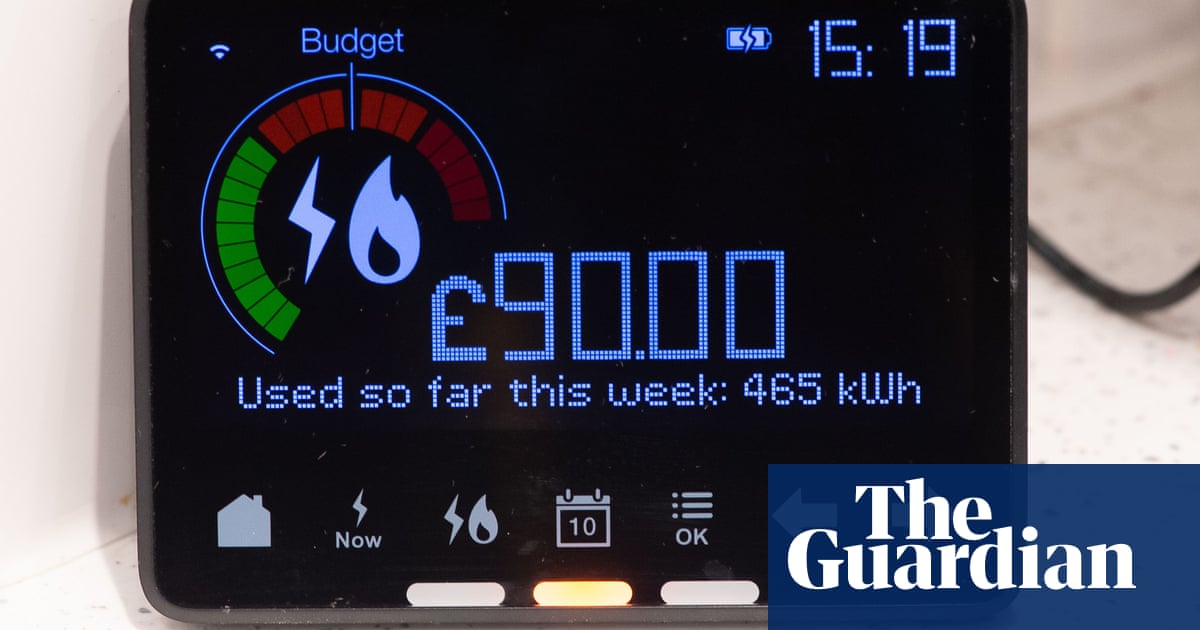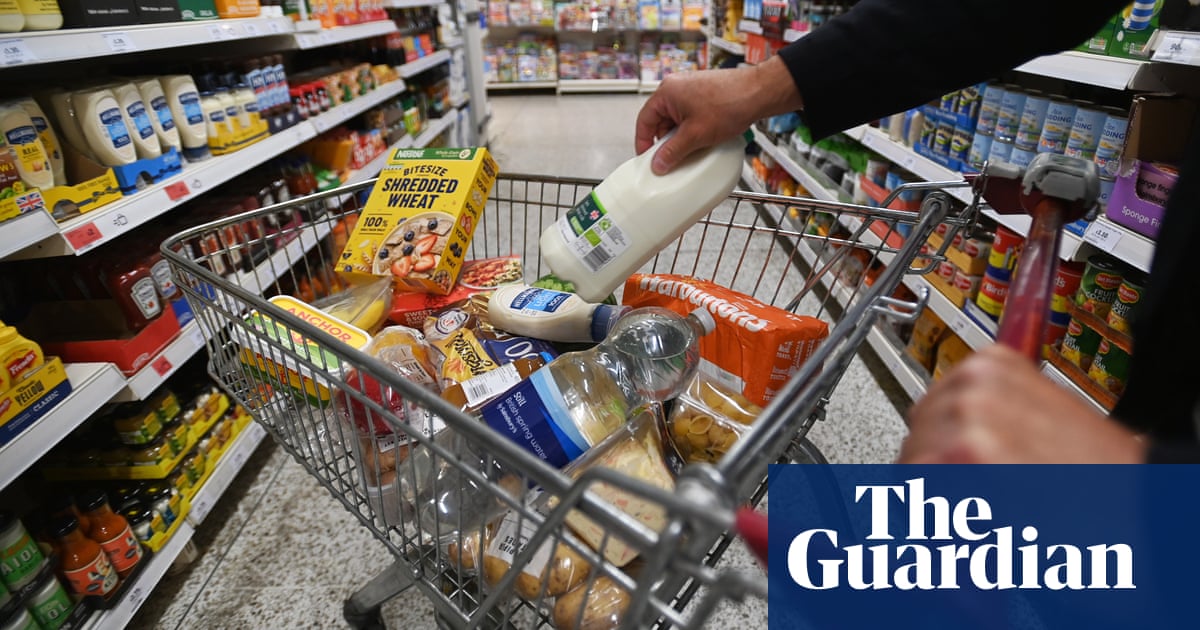
The government should prepare for a jump in inflation this year that will eat into household living standards and force more low-income families into poverty, according to the Resolution Foundation.
Inflation is on course to rise above 4% in the next few months as the economy opens up and consumers begin to spend some of the savings they have built up over the past 16 months, the thinktank says. Rising prices will squeeze average household incomes by £700 by the start of next year with low-income families among the worst affected, it forecasts.
With ministers also planning to reverse a £20-a-week rise in universal credit, which was introduced last April, the foundation says there is the prospect of an even larger rise in poverty without government action.
About 6 million people claimed universal credit last month, up almost 100% from the pre-pandemic total and before the first lockdown triggered a wave of redundancies and short-time working. The cut of £20 a week is due to take effect in the autumn.
Figures last week showed the consumer prices index (CPI) measure of inflation rose sharply to 2.1% in the 12 months to May, up from 1.5% in April. The Bank of England and most City economists have forecast that inflation will rise to about 3% over the rest of the year before falling back to the central bank’s target of 2% next year.
At the time of the last budget, in March, the Treasury’s independent forecaster, the Office for Budget Responsibility (OBR), predicted inflation would remain at about 2% over the next year.
However, in a break with the consensus view, the Resolution Foundation says that prices could rise at a faster pace, as consumers spend more of their savings accumulated over lockdown than previously expected, leading to a surge in demand for goods and services.
The situation could worsen as high levels of job vacancies and a shortage of raw materials, and crucial components such as computer chips, add to the pressure on prices.
The Bank of England’s departing chief economist, Andy Haldane – one of nine members of the Bank’s monetary policy committee (MPC), which sets interest rates – said earlier this month that the “beast of inflation is stalking the land again” and that Britain faced a “dangerous moment”.
James Smith, research director at the Resolution Foundation, said the recent surge in prices in the US had been a foretaste of higher inflation in the UK. “With the US experiencing the fastest rise in inflation in nearly half a century, and the UK also experiencing sharp increases, many people are getting increasingly worried about a possible price spiral.
“While UK inflationary pressures are nothing like as stark as the US, we could still see inflation breaching 4% this summer – a figure well in excess of the OBR and Bank’s expectations.
“The temporary nature of this inflation spike means the Bank can look through it and avoid premature rate rises. But the £700 hit to living standards it will bring means households and the government cannot afford to ignore it,” he said.
Inflation reached 5% in 2011 before falling back in 2012 towards zero. At its last meeting in May, the MPC signalled that interest rates would again remain at their historic lows while the rise in inflation was expected to be temporary.
Smith adds: “The chancellor can start by cancelling the planned cut to universal credit this autumn, which will only add to families’ financial pressures. A squeeze on household incomes later this year, even if temporary, is a significant threat to the strength of our current recovery.”












